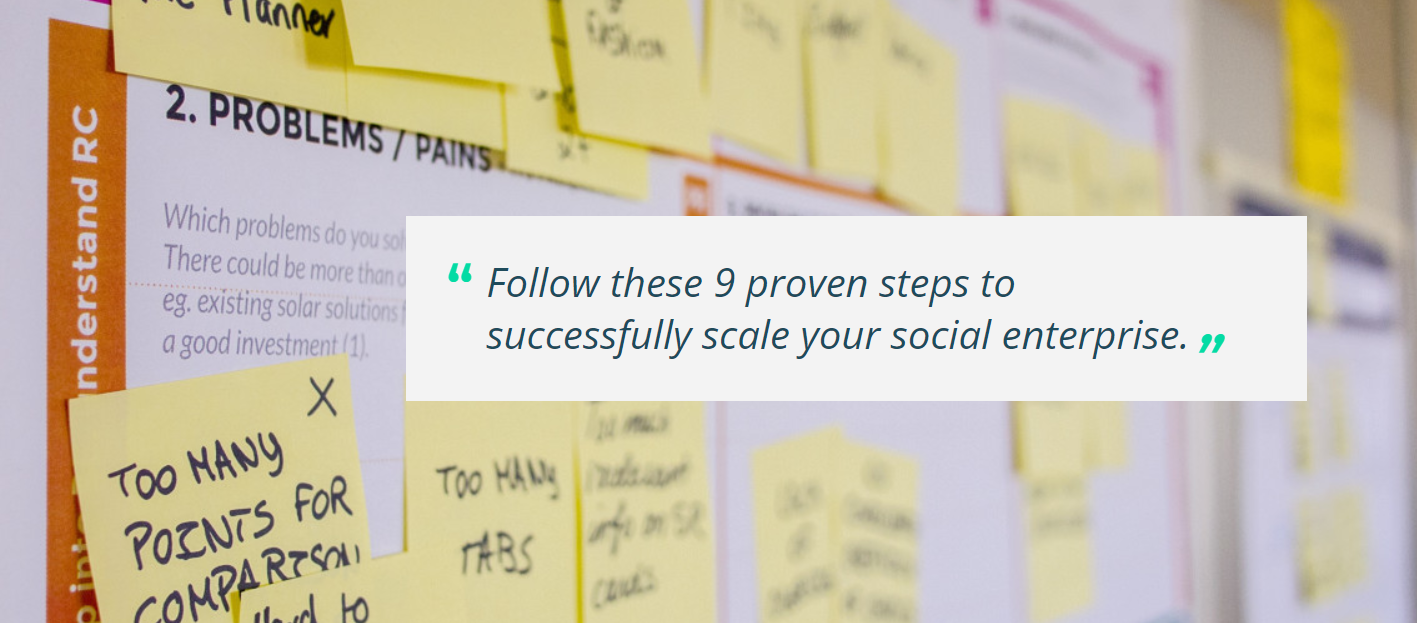When launching a social business or a social innovation project, there are several different aspects that should be taken into consideration. Among various practical things such as the right time, location and funding, the social innovator should always seek for another very important aspect – participation and engagement of the community. Social business or other social innovation ideas are usually born when facing a certain societal issue or challenge, therefore engaging the local community in different phases of the business or social project is not only important – it is crucial.
A European research report “Engaging Citizens in Social Innovation: A short guide to the research for policymakers and practitioners” suggests different ways how to engage citizens in social innovation. At the first stages of the innovation or launching of the business, citizen involvement can be very valuable for the purposes of “informing about the present states” – providing information regarding their needs and challenges that they are experiencing at the moment. This information and opinion gathering can take different forms – research and consultations, practical workshops or online activities. The opinions and experiences of the community members can be very valuable also when developing future solutions – through such activities as idea camps or competitions people can help to create better solutions for social innovation projects or social businesses.
The research report indicates three main ways of how citizens can be engaged in social innovation processes. Providing information and resources is one of those approaches. As previously stated, the opinions and experiences of the citizens are very important throughout all the phases of social innovation projects – either by helping to define the main challenges and needs or in later phases when evaluation and feedback of the involved people is of very high importance. This category also involves providing resources – not only time but also money. Local people can get engaged in the social innovation projects by volunteering or donations – therefore providing very practical support for social innovation. The second way how to engage the local community is through problem-solving which essentially means engaging groups of people in the development processes. Involving people with different backgrounds can be very beneficial to a social initiative as it helps to make it valuable and useful for a variety of social groups in the local community. Engaging in the problem solving also means involving people who are facing specific challenges that the social initiative or business is trying to tackle – when those initiatives are not done for the people but are done with the people. The third approach to engage citizens in social innovation is through taking and influencing decisions. This form of engagement is more consistent and requires continuous involvement and cooperation with the people rather than just taking part in events or workshops. Through this approach, the community is given quite a significant power in decision making. A very good example of this approach is participatory budgeting when the local community is given the power to decide on the spending of a certain part of the municipal budget.
There are many reasons why to strive to engage the community in the social innovation processes. First of all, sometimes the people who are planning to launch the business or the social initiative are not very well informed about the actual desires and needs in society. Asking them to engage and share their thoughts and actual every-day challenges may render the social initiative a lot more useful, valuable and legitimate. Moreover, engaging citizens through workshops and competitions can lead to new innovative ideas as often the local people themselves are full of genius ideas on how to solve the challenges that the community is facing. Involving community members often means cooperating and finding common solutions with people with completely different opinions, experiences, and viewpoints. This diversity of approaches can help to develop the social business or social initiative further and make it more appealing to various groups of society.
Read the full research and also a few interesting case studies here: https://youngfoundation.org/wp-content/uploads/2013/11/Engagign-citizens-in-social-inno.pdf
(Davies, A and Simon, J, (2013). Engaging Citizens in Social Innovation: A short guide to the research for policy makers and practitioners. A deliverable of the project: “The theoretical, empirical and policy foundations for building social innovation in Europe” (TEPSIE), European Commission – 7 th Framework Programme, Brussels: European Commission, DG Research.)















I am sure this article has touched all the internet people, its really really pleasant article on building up new weblog.
Your article helped me a lot, is there any more related content? Thanks!